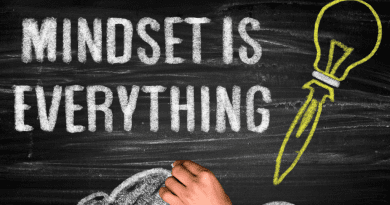10,000 hour rule. Myth or real?
The 10,000-hour rule is a theory that was first proposed by Malcolm Gladwell in his book “Outliers.” The rule states that it takes 10000 hours of deliberate practice to become an expert in any field. This theory has been debated by many experts, with some believing it to be true and others believing it to be false. In this blog post, we will discuss the 10,000-hour rule and whether or not it is a myth or reality.
The 10,000-hour rule was created by Malcolm Gladwell in his book Outliers when discussing experts and their abilities. He uses this example of violin students at a music academy in Berlin who put ten thousand hours into mastering how to play an instrument well enough for concertmaster positions before they were 26 years old–the most accomplished among them having done so with only two hundred weeks worth (2k) under his belt! Furthermore, Bill Gates is another individual known as “The Father Of programming” it has been estimated that he practiced over ten thousand. Gladwell also estimates that the Beatles put in 10,000 hours of practice playing in Hamburg in the early 1960s.
The theory has been debated by many experts, with some believing it to be true and others believing it to be false.
So, what do the experts say? Well, there are a few different opinions on the matter. Some experts believe that the 10,000-hour rule is a myth. They believe that it takes less or more than 10,000 hours of practice to become an expert. Other experts believe that the 10,000-hour rule is a reality. They believe that it does take 10,000 hours of practice to become an expert.
So, what is the truth? Is the 10,000-hour rule a myth or reality?
The answer is: it depends.
There are a few different factors that come into play when determining whether or not the 10,000-hour rule is true.
One of those factors is the person’s natural ability. If a person has a natural ability for something, they may not need to put in 10,000 hours of practice to become an expert.
Another factor is the person’s motivation. If a person is highly motivated, they may be able to achieve expertise in less than 10,000 hours.
Another factor is how good a student’s teacher is. If a person has a good teacher, they may be able to achieve expertise in less than 10,000 hours.
The last factor is the person’s learning style. If a person learns best by doing, they may be able to achieve expertise in less than 10,000 hours.
Conclusion:
So, there you have it. The 10,000-hour rule is a myth or reality depending on the person. If you’re motivated and have a natural ability for something, you may be able to achieve expertise in less than 10,000 hours. But if you don’t have a natural ability and you’re not motivated, it may take you longer than 10,000 hours to become an expert. Whichever way you look at it, the 10,000-hour rule is an interesting theory that is worth considering.
Do you think the 10,000-hour rule is a myth or reality? Share your thoughts in the comments below!
Get more daily on your newsfeed at the Undefeated Motivation FB page or Undefeated Motivation IG page.




